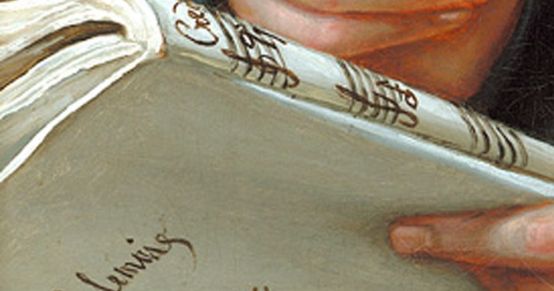Last musical thought" string quintet (fragment)
Every Friday, Beethoven is here. To mark the 250th anniversary of Beethoven's birth, each week the Swiss Music Review takes a look at a different work from its catalog. Today for the String Quintet in C major WoO 62 "last musical thought" (fragment).

Last works, especially unfinished ones, always carry a secret. What would have been the end? What else could the world of music have expected? One immediately thinks of Franz Grillparzer's epigram for Schubert's tombstone, which speaks of "even more beautiful hopes". This is how the history of music presents a number of important "rifts": the end of theArt of the Fugue of Bach (although he did not die at the time), the Requiem the finale of Bruckner's Ninth, or Mahler's entire Tenth. As for other great composers, there is no ultimate work so heavy with meaning: Haydn, Mendelssohn, Schumann, Brahms. What about Beethoven? The sketches for a tenth symphony date from 1822 to 1825, and the last string quartets were all published in printed form by August 1826. Anton Diabelli had already asked Beethoven for a composition for string quintet - a chamber music genre in which the presence of a second viola or cello can produce completely different sonorities, but also a genre for which, as a rule, only isolated works exist (with the exception of Spohr and Onslow).
After his early Op. 4 (1795/96), the Quintet op. 29 (1801) and a Fugue op. 137 (1817), Beethoven seems to have long since given up writing for this group. But on September 26, 1826, he announced to Diabelli that he would complete a work in just six weeks, demanded a fee of 100 gold ducats for it, and further specified: "I will respect your wishes, but without compromising my artistic freedom." The six weeks were clearly not enough, and the work apparently never got beyond the first sketches. When, in November 1827, Beethoven's estate was sold at auction, Diabelli (as reported by the correspondent of the Leipziger Allgemeine musikalische Zeitung) acquired through his company "at a relatively exaggerated price Beethoven's last work, a quintet begun in November 1826, of which, unfortunately, barely twenty or thirty bars were written in sketch form". The manuscript is now lost, but in 1838 Diabelli published arrangements for piano two and four hands of what he called "Beethoven's last musical thought". This is a andante maestoso in C major of 10+14 bars, repeated each time, which wanders without harmonic surprise and should have served as an introduction to the first movement. However, Diabelli probably took Beethoven's manuscript far too literally, as there is usually a considerable distance between the sketch and the final work. So let's not be too disappointed...
If, however, you're looking for Beethoven's true last notes, you can consult a letter to Karl Holz dated December 3, 1826, which contains a musical aphorism that can also be read as a canon: "We're all wrong, but differently" (WoO 198).
Aufnahme auf idagio
Keeping in touch
A weekly newsletter reveals the latest column on line. You can subscribe by entering your e-mail address below, or by subscribing to our RSS feed.








